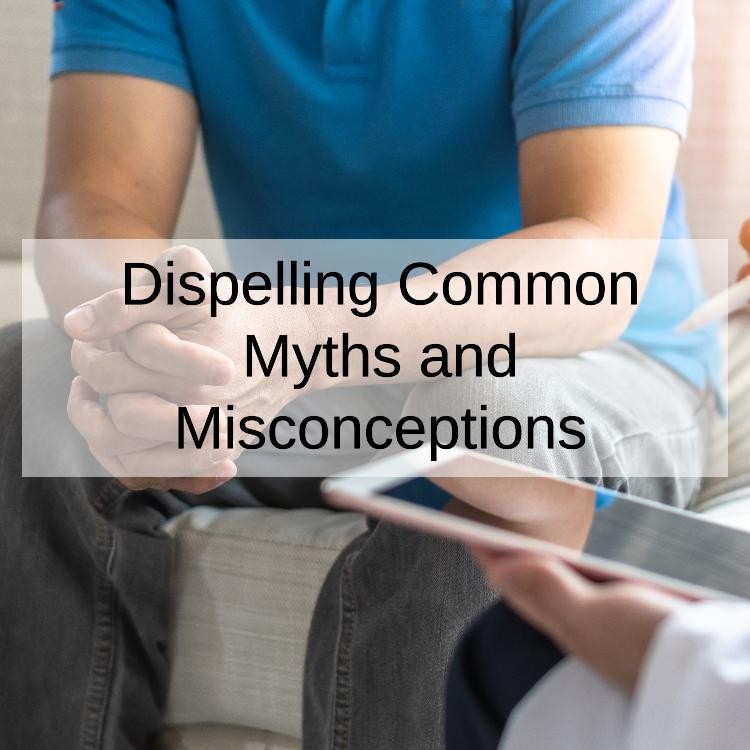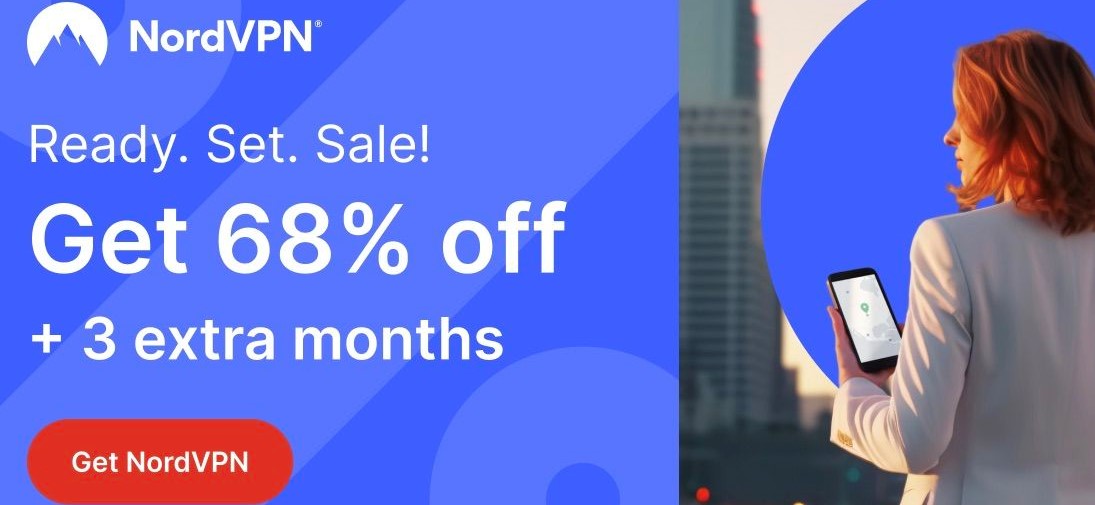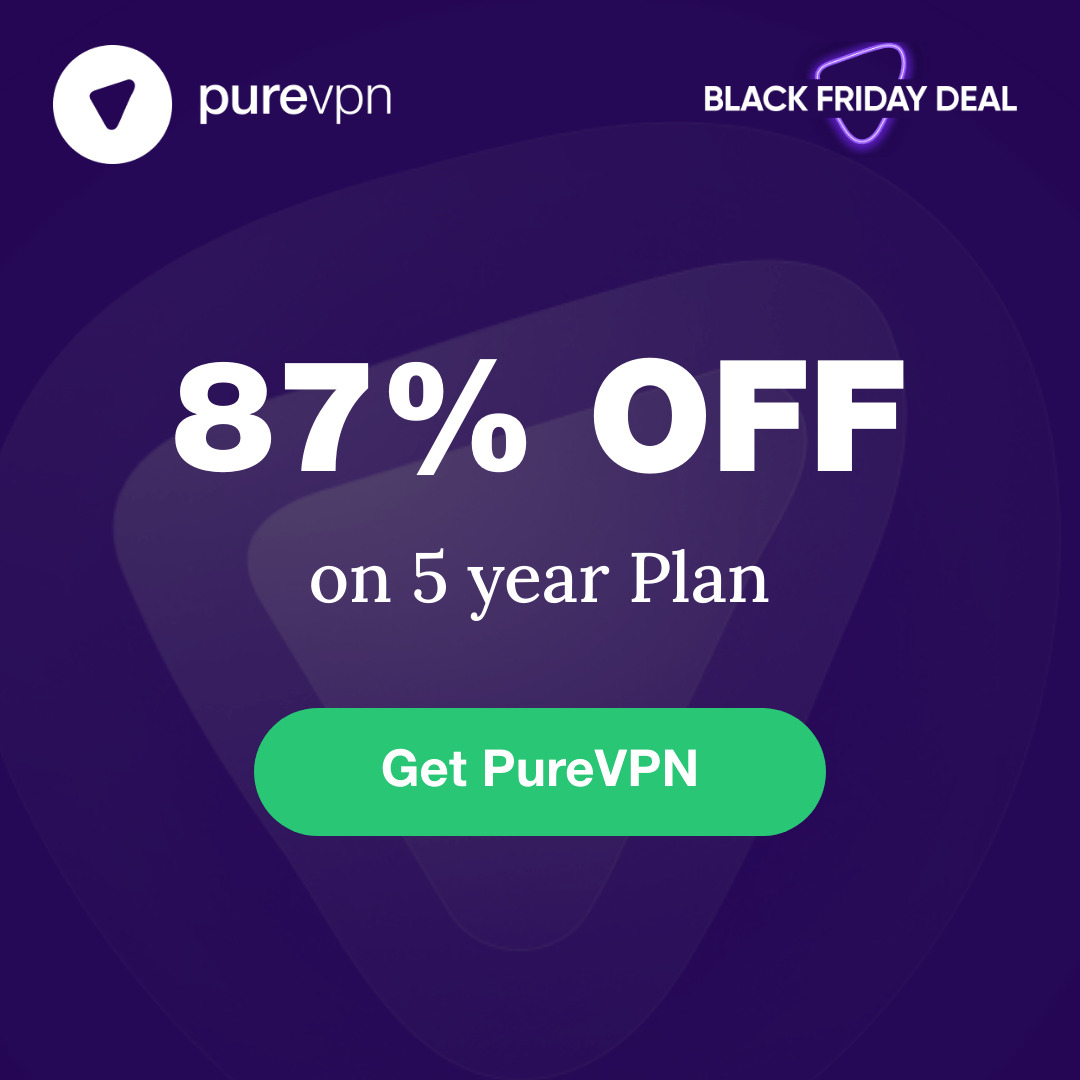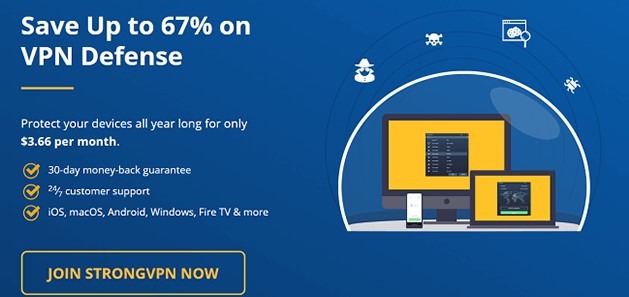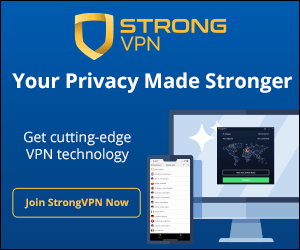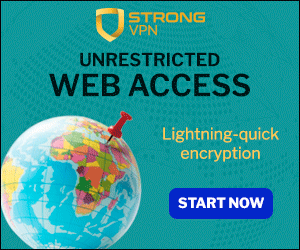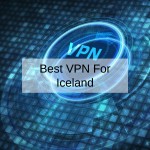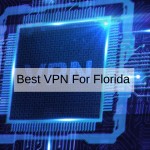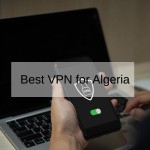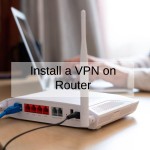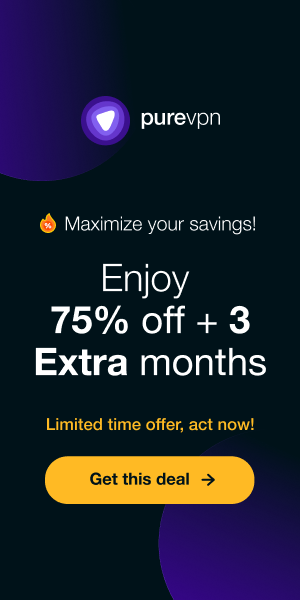In today's digital age, where online privacy and security concerns are paramount, Virtual Private Networks (VPNs) have become increasingly popular. However, despite their widespread use, there are still lingering doubts and questions about the legality of VPNs. In this comprehensive exploration, we'll debunk common myths and misconceptions surrounding VPN legality, while shedding light on the key aspects of this crucial tool for online security.
The Legality of VPNs A Global Perspective
One of the most common misconceptions about VPNs is whether they are legal or not. The truth is, VPNs are generally legal in most countries around the world. VPNs were initially designed to provide a secure and private connection for businesses, allowing remote access to their networks. Over time, they have evolved to serve a broader audience, including individuals seeking to enhance their online privacy.
Despite the overall legality, it's essential to note that the specific regulations surrounding VPNs can vary from one country to another. For instance, some countries may restrict or regulate VPN usage to prevent illegal activities. However, in the majority of cases, using a VPN for personal privacy and security is perfectly legal.
Grab Incredible Deals Today on Private VPN
Debunking the Myth of Illegal Activities
One prevailing myth about VPNs is that they are primarily used for engaging in illegal activities online. This misconception often arises due to the anonymity provided by VPNs, which can make it difficult to trace users' online activities. While it's true that some individuals may misuse VPNs for illegal purposes, such as hacking or accessing restricted content, it's essential to recognize that the tool itself is not inherently illegal.
Express VPN, one of the leading providers in the market, emphasizes the importance of responsible VPN use. They actively discourage any form of illegal activities and advocate for the legitimate use of VPNs to safeguard online privacy and data security.
The Freedom to Access Information VPNs and Geo-Restrictions
One of the significant advantages of using a VPN is the ability to bypass geo-restrictions and access content that might be restricted in certain regions. This has led to another common myth – that using a VPN to access region-locked content is illegal. In reality, this practice is generally legal and falls within the user's rights to access information freely.
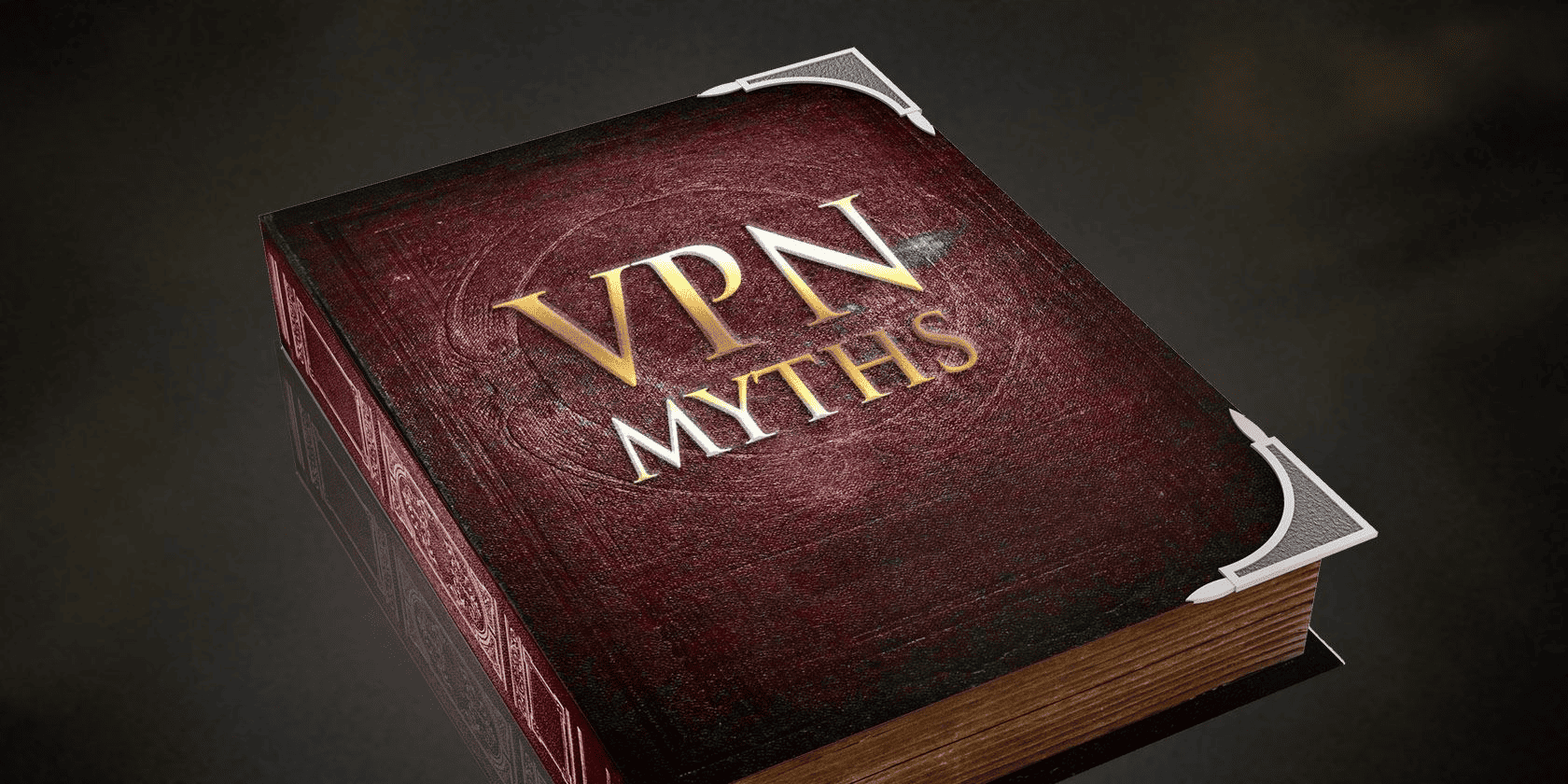
Freedom VPN, a provider known for its commitment to unrestricted internet access, plays a crucial role in dispelling this myth. By offering a platform that allows users to access content from around the globe, Freedom VPN empowers individuals to break down digital barriers without engaging in any illegal activities.
The Role of VPNs in Protecting Personal Privacy
Urban VPN, a prominent player in the VPN market, focuses on the core aspect of VPNs – protecting personal privacy. Many individuals are concerned about the privacy of their online activities and data. Urban VPN provides a secure gateway for users to browse the internet anonymously, shielding their data from potential threats such as hackers, surveillance, and data mining.
Ready, Set, Save! Explore Shurfshark Deals Today!
The use of VPNs to enhance personal privacy is entirely legal and, in fact, aligns with the principles of data protection and digital rights. As more people become aware of the importance of online privacy, VPNs have emerged as a legitimate tool to safeguard personal information from prying eyes.
Virtual Private Networks (VPNs) have become integral tools for individuals seeking online privacy, security, and unrestricted access to content. However, misconceptions and myths surrounding the legality of VPNs persist. In this detailed comparison, we will explore various aspects and facts related to the legality of VPNs.
Basic Functionality:
- Fact: VPNs are legal tools designed to enhance online privacy and security. They create a secure tunnel for data transmission, encrypting the user's internet connection.
- Misconception: Some believe that using a VPN is illegal because it allows users to hide their IP addresses.
Privacy and Anonymity:
- Fact: VPNs are legal tools for enhancing online privacy, allowing users to browse the internet anonymously. They mask users' IP addresses, making it challenging to trace their online activities.
- Misconception: People may think that using a VPN for anonymity implies engaging in illegal activities. In reality, VPNs are used for various legal and legitimate purposes.
Geographical Restrictions and Content Access:
- Fact: VPNs are commonly used to bypass geographical restrictions and access content not available in certain regions.
- Misconception: Some assume that using a VPN to access geo-restricted content is illegal. However, the legality depends on the terms of service of the content provider.
Circumventing Censorship:
- Fact: VPNs are legal tools for bypassing internet censorship in some countries. They allow users to access blocked websites and communicate freely.
- Misconception: In regions with strict censorship laws, using a VPN to access blocked content might be considered illegal. Users should be aware of local regulations.
Corporate VPNs vs. Consumer VPNs:
- Fact: Many corporations use VPNs to secure their internal communications and data transmissions. Corporate VPNs are legal and essential for securing business operations.
- Misconception: People might confuse corporate VPNs with consumer VPNs and assume that all VPNs are subject to the same legal regulations.
Illegal Activities and VPNs:
- Fact: While VPNs themselves are legal tools, engaging in illegal activities using a VPN is still illegal. Law enforcement can trace criminal activities through other means, even if a VPN is used.
- Misconception: Some individuals wrongly believe that VPNs provide complete anonymity, allowing them to conduct illegal activities without consequences.
Government Regulations:
- Fact: VPN legality varies by country. Some nations embrace VPNs as tools for online privacy, while others restrict or ban their use.
- Misconception: Assuming that VPNs are universally legal or illegal is inaccurate. Users should be aware of and adhere to local regulations.
VPNs are legal and valuable tools for enhancing online privacy and security. However, users must be aware of the legal landscape in their respective regions and use VPNs responsibly. Dispelling common myths and misconceptions surrounding VPN legality is crucial for understanding their legitimate uses and ensuring compliance with local laws.
The Gateway to Secure Online Transactions
VPN Gate, a project that offers free VPN servers, plays a pivotal role in dispelling the myth that all VPNs are expensive or unaffordable. The availability of free VPN services, like those provided by VPN Gate, challenges the notion that only premium VPNs can offer secure online transactions.
Using a VPN for secure transactions, especially on public Wi-Fi networks, is a prudent practice and completely legal. VPNs encrypt the data transmitted between the user's device and the server, ensuring that sensitive information such as passwords and credit card details remains confidential and protected from potential threats.
Proton VPN A Commitment to Security and Legality
Proton VPN, known for its emphasis on security and privacy, exemplifies the commitment of reputable VPN providers to legality and ethical use. Proton VPN complies with the legal frameworks in the countries it operates in, ensuring that users can trust their service to be both reliable and lawful.
The misconception that VPNs are inherently associated with illegal activities can be dispelled by understanding the role of reputable providers like Proton VPN. As users become more discerning in their choices, the demand for secure and legal VPN services continues to grow.
VPNs for PC Navigating the Legal Landscape
When it comes to using VPNs on personal computers, some users may wonder about the legality of these services on specific devices. VPN for PC is a common search query, reflecting the widespread use of VPNs on desktop and laptop computers. The legality of using a VPN on a PC is no different from using it on other devices – as long as it is done for legal and legitimate purposes.
Express VPN, with its user-friendly applications for various platforms, including PC, simplifies the process of securing one's online activities. By catering to the needs of PC users, Express VPN contributes to the normalization of legal and responsible VPN use across different devices.
Unlock Exclusive Discounts at Strong VPN Today!
Navigating the World of VPN Downloads
The process of downloading a VPN is often surrounded by myths, particularly related to the security and legality of the software. VPN download is a straightforward and legal process, as long as users choose reputable providers. Ensuring that the download is from a trusted source, such as the official website of the VPN service, is crucial in avoiding potential security risks.
Express VPN, with its secure download platform, emphasizes the importance of obtaining the software from legitimate sources. This commitment to providing a safe and legal download experience contributes to building trust among users seeking to enhance their online security.
VPN Online The Evolution of Secure Internet Access
The concept of VPN online has evolved with the increasing demand for secure internet access from anywhere in the world. Whether users are accessing the internet from a coffee shop, airport, or their home, VPNs offer a secure online environment. The legality of using a VPN online is not dependent on the location but rather on the user's adherence to legal and ethical standards.
Freedom VPN's online platform exemplifies the convenience and legality of accessing a VPN service from any location. By offering a seamless online experience, Freedom VPN contributes to breaking down barriers and dispelling myths surrounding the legality of VPN usage.
Demystifying VPNs and Embracing Legal Use
The legality of VPNs is a nuanced topic that requires a clear understanding of the legal landscape and the responsible use of these tools. From VPN free services to premium providers like Express VPN, the market offers a diverse range of options for users seeking to enhance their online privacy and security.
Dispelling common myths and misconceptions about VPNs is essential for fostering a better understanding of their role in today's digital world. As long as users choose reputable providers, use VPNs for legal and ethical purposes, and adhere to the laws of their respective countries, VPNs remain a legitimate and valuable tool for safeguarding online privacy and security.
commonly asked questions and answers regarding the legality of VPNs, dispelling common myths and misconceptions:
1. Are VPNs legal?
Answer: Yes, VPNs are legal in most countries. They are widely used for legitimate purposes such as enhancing online privacy, accessing region-restricted content, and securing internet connections.
2. Do VPNs encourage illegal activities?
Answer: VPNs themselves are neutral tools, and their legality depends on how they are used. While some individuals may misuse VPNs for illegal activities, the technology itself is not inherently illegal.
3. Can using a VPN get me into legal trouble?
Answer: Generally, no. Using a VPN for legal and legitimate purposes is unlikely to get you into legal trouble. However, engaging in illegal activities while using a VPN may lead to consequences.
4. Do VPNs make users completely anonymous?
Answer: VPNs enhance privacy but do not guarantee complete anonymity. They mask your IP address, making it harder to trace your online activities, but they do not make you entirely untraceable.
5. Will using a VPN protect me from all online threats?
Answer: While VPNs add a layer of security, they do not provide comprehensive protection. Users should still employ good cybersecurity practices, such as using strong passwords and keeping software up to date.
6. Are free VPNs as effective as paid ones?
Answer: Free VPNs may have limitations, such as slower speeds, fewer server locations, and potential privacy concerns. Paid VPNs often offer better performance, more features, and a higher level of security.
7. Can I use a VPN to access region-locked content legally?
Answer: Yes, using a VPN to access region-locked content is generally legal. However, violating the content provider's terms of service may result in the suspension of your account.
8. Are VPNs only for tech-savvy individuals?
Answer: No, VPNs are designed to be user-friendly, and many services offer simple interfaces. Most users can easily install and use a VPN without advanced technical knowledge.
9. Do VPNs slow down internet speeds?
Answer: VPNs may slightly decrease internet speeds due to the encryption and rerouting of traffic. However, the impact is usually minimal, and high-quality VPN services strive to minimize any noticeable slowdown.
10. Can my ISP see that I'm using a VPN?
Answer: While your ISP can see that you're connected to a VPN, they cannot monitor your specific online activities within the encrypted connection. VPNs are effective in shielding the details of your internet traffic from your ISP.
It's important for users to choose reputable VPN providers and use the technology responsibly to enjoy its benefits without legal or ethical issues.

